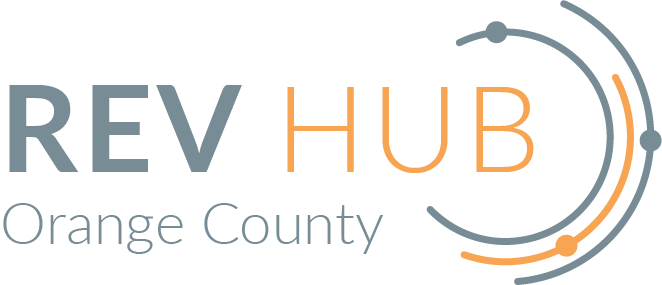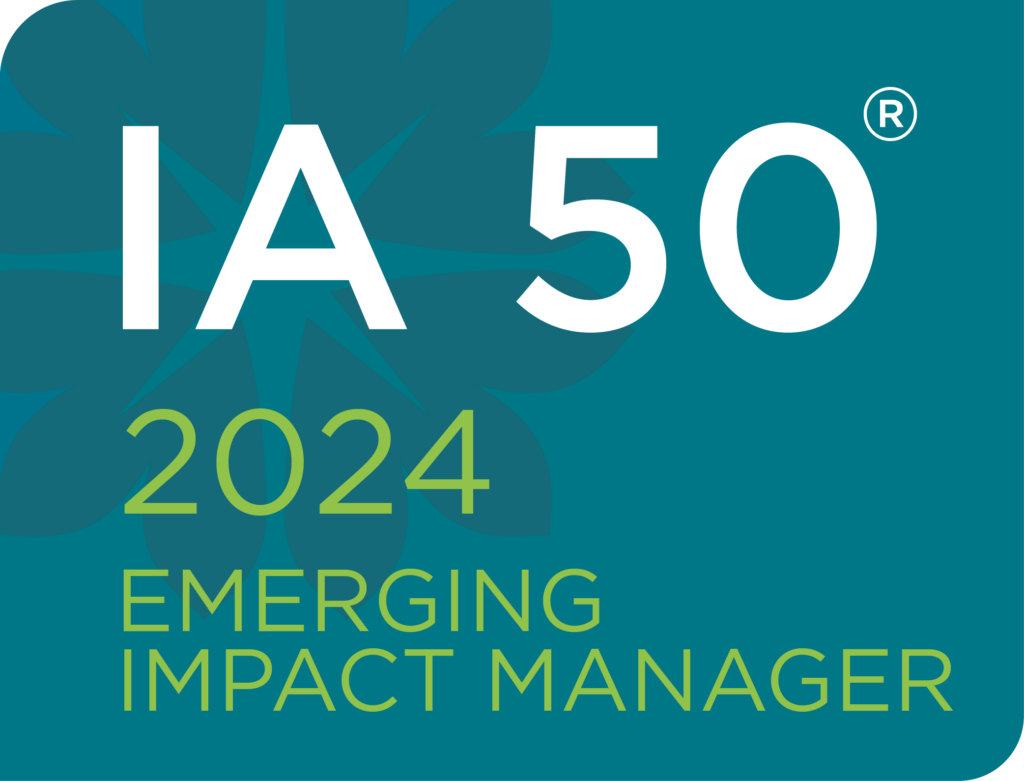At RevHub, we believe impactful conversations catalyze meaningful change. Our recent Women in Impact Investing Panel exemplifies this belief. The event brought together five exceptional women leaders in impact investing: Katie Kalvoda, Rama Chakaki, Katie LaFleur, Lauren Grattan, and Shannon Eusey. These leaders shared their insights, strategies, and experiences that highlighted the critical role women play in solving our world’s greatest social and environmental challenges. Moreover, this conversation reinforced the unique opportunity that women have to build valuable brands that make a significant impact in the world. (Watch the full recorded panel discussion here.)
Here are some key learnings and takeaways from the panel conversation.
Moving Toward a Regenerative Model of Business and Investing
The current economic disparity between doing good and doing well has been dominated by an extractive economic model. This model often prioritizes short-term financial gains over long-term sustainability and social impact. In contrast, women – because of lived experience and creative expression – are uniquely positioned to drive a regenerative model of business and investment that emphasizes inclusivity, sustainability, and community well-being, while ensuring robust economic growth and company profitability. This shift, essential for fostering innovation and impactful investment, is being led by visionary women.
Rama Chakaki, general partner at Transform VC, poignantly illustrated the need to elevate women’s voices in our current investment landscape. “We invest in deep tech like AI, robotics, and material science with impact. We focus on founders typically overlooked by Silicon Valley: black, brown, and women. Yet, only 3% of general partners in Silicon Valley are women, which significantly limits investments in female founders.” Investing in underrepresented founders is not about the optics of a diverse workforce; rather, as Chakaki so eloquently pointed out, the inclusion of diverse voices and perspectives is crucial for fostering innovation, solving problems, and ensuring progress.
Co-panelist Shannon Eusey, founder and CEO of Beacon Point Advisors, furthered the conversation by adding a challenge. “I think that’s probably why we’re here…how do we get folks to understand that you can create billion-dollar companies by doing things the right way, and doing good for everyone? You can do good, create billion-dollar companies, and be impactful. But I think the world needs to know that!”
Agreeing, Chakaki continued, “When I began impact investing about 15 or 20 years ago, it was overseas. Any literature I found on impact investing was about investing in Africa, investing in Asia, and there was very little talk about what there is to invest in in the States. Fast forward [to today], I’m running my tech VC firm, and I convince my partners that we want to have a stake in impact. We started looking at the data, and it’s still predominantly overseas. There’s still a very muted conversation going on in the States about impact investing and where they do talk about impact, it’s usually [about] overlooked founders but not business outcomes. They’re not looking at how to change healthcare, how to change education for the better, how to change the food deserts. The challenge is convincing investors in the tech world, that there is impact to be had in the United States. We need to change the narrative from ‘we’re just tech investors’ to ‘we’re tech investors in impact’.”
To that end, Lauren Grattan, co-founder of Mission Driven Finance, discussed the importance of creating investment products that align with values. For example, Grattan said, “One of our exciting projects is a Real Estate Investment Trust (REIT) to increase the availability and quality of childcare, a critical issue for many women.” By leveraging impact-focused REITs, Mission Driven Finance acquires and retrofits properties to create childcare-friendly environments, enabling providers (predominantly women) to expand their services from small, informal arrangements to serving up to 12 children. This approach triples the number of children served and increases revenue and income. This innovative strategy highlights the potential of financial tools to address social issues and create inclusive economies.
Discussing Challenges and Opportunities
The panelists shared their perspectives on the current landscape of impact investing, highlighting both opportunities and challenges.
“The current macro environment is tough,” added Katie LaFleur “with valuations down 66% from the peak in 2021. There’s $3.9 trillion in “dry powder” in global asset management, creating drag on returns and downward pressure on valuations. This capital will eventually be deployed, creating movement in the ecosystem”.
Political skepticism further aggravates the challenge, particularly with the current pushback against DEI (Diversity, Equity, and Inclusion) and ESG (Environmental, Social, and Governance) principles. To address this, Grattan emphasized the unique opportunity that impact investing has in creating common ground across the political spectrum, noting that goals for inclusive economic development are actually not that different. Common ground, she said, is found by “looking at who hasn’t been benefiting from access to capital,” and recognizing that making capital “accessible to those with the greatest barriers, works better for everybody.”
A Big Shift Ahead: Women Investing
Discussing the increasing influence of women in investment, Eusey brought a significant trend to light, “Women will control a significant portion of wealth in the next decade and invest differently, often with a focus on impact. This shift will change the investment landscape, promoting more inclusive and impactful investments.”
The trend will further catalyze impact in the not-so-distant future, as LaFleur pointed out, citing “gender-diverse investment teams perform better with higher returns for investors. Women are risk-averse, relationship-driven, and long-term investors, which leads to better outcomes for their portfolios.”
So What Now?
The Women in Impact Investing Panel at RevHub underscored the significant role that women play in reshaping the investment landscape. By embracing a regenerative model, women in impact investing are not only driving valuable brands, but also creating a more inclusive and sustainable economy. Their commitment to diversity, climate-critical technologies, inclusive economies, and financial education is paving the way for a better future. As we move forward, it is essential to continue these conversations and support the efforts of women leaders in impact investing.
Women have the power to bridge the gap between doing good and doing well, demonstrating that impactful investments can yield both financial returns and positive social outcomes. By leveraging their unique perspectives and experiences, women trailblazers are quickly transforming the way we think about and create impact, proving that doing well by doing good is not only possible, but is the future of business.



